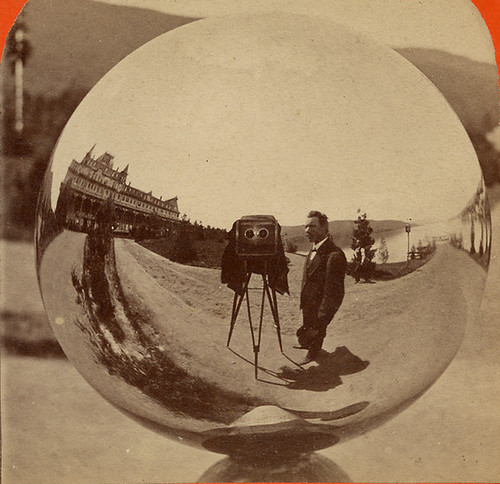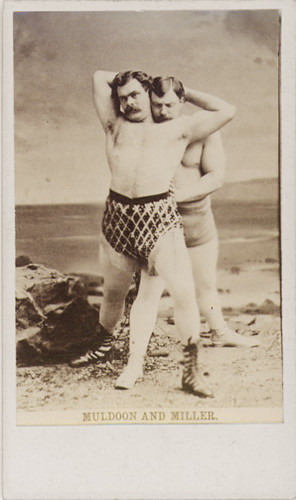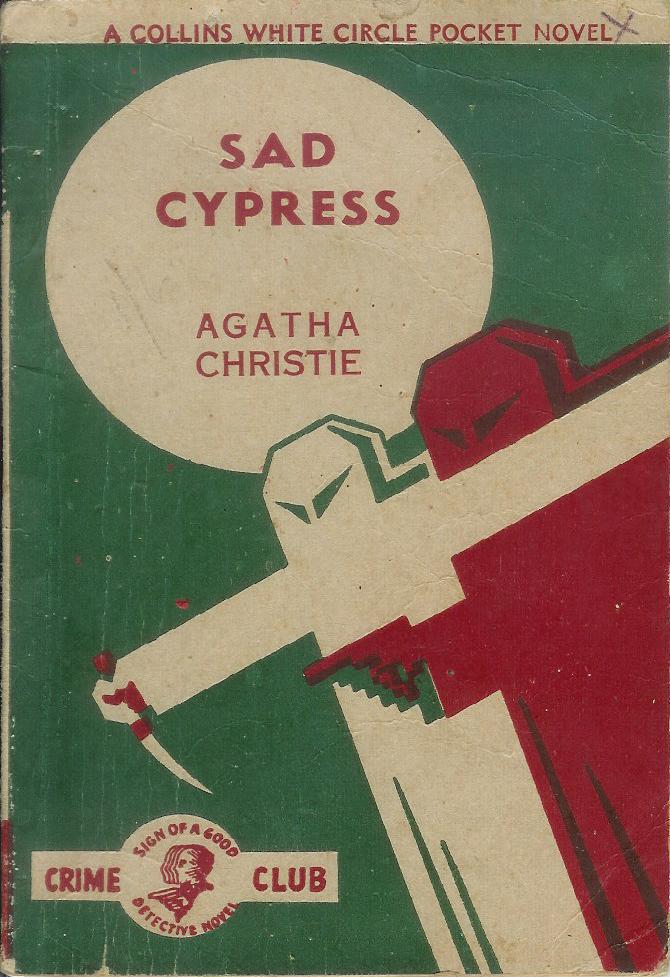Homebrew science took a little bit of a hit today.
From the Toronto Star:
A Swedish man who was arrested after trying to split atoms in his kitchen said Wednesday he was only doing it as a hobby.
Richard Handl told the Associated Press that he had the radioactive elements radium, americium and uranium in his apartment in southern Sweden when police showed up and arrested him on charges of unauthorized possession of nuclear material.
The 31-year-old Handl said he had tried for months to set up a nuclear reactor at home and kept a blog about his experiments, describing how he created a small meltdown on his stove.
Only later did he realize it might not be legal and sent a question to Sweden’s Radiation Authority, which answered by sending the police.
“I have always been interested in physics and chemistry,” Handl said, adding he just wanted to “see if it’s possible to split atoms at home.”
The police raid took place in late July, but police have refused to comment. If convicted, Handl could face fines or up to two years in prison.
Although he says police didn’t detect dangerous levels of radiation in his apartment, he now acknowledges the project wasn’t such a good idea.
“From now on, I will stick to the theory,” he said.[source]
Well… yeah.
Anyways, no library themed post this week. I’m wrapping up stuff at my old job… because… I’m starting a new job next week. Hooray! More to come on this, I suppose.









